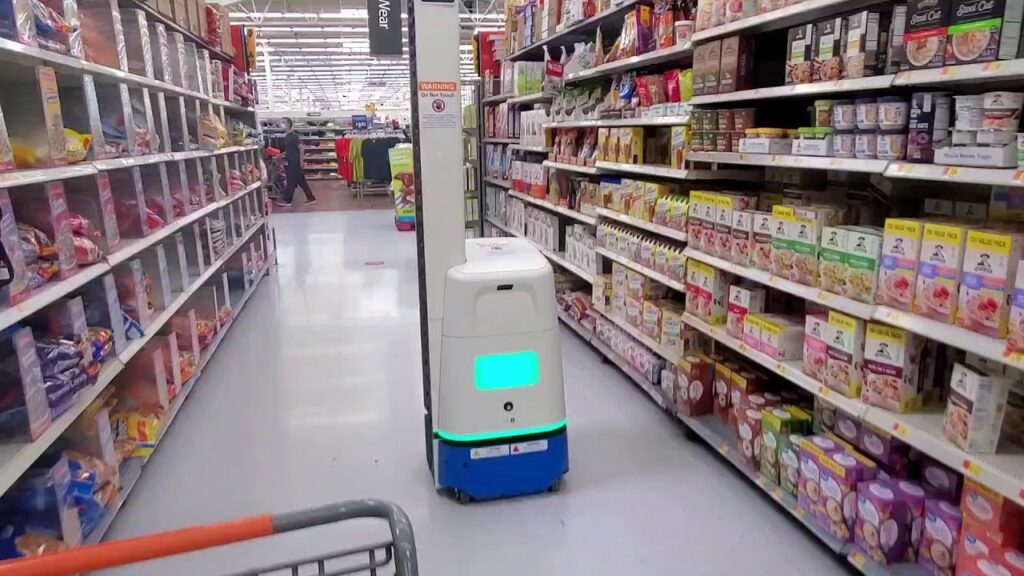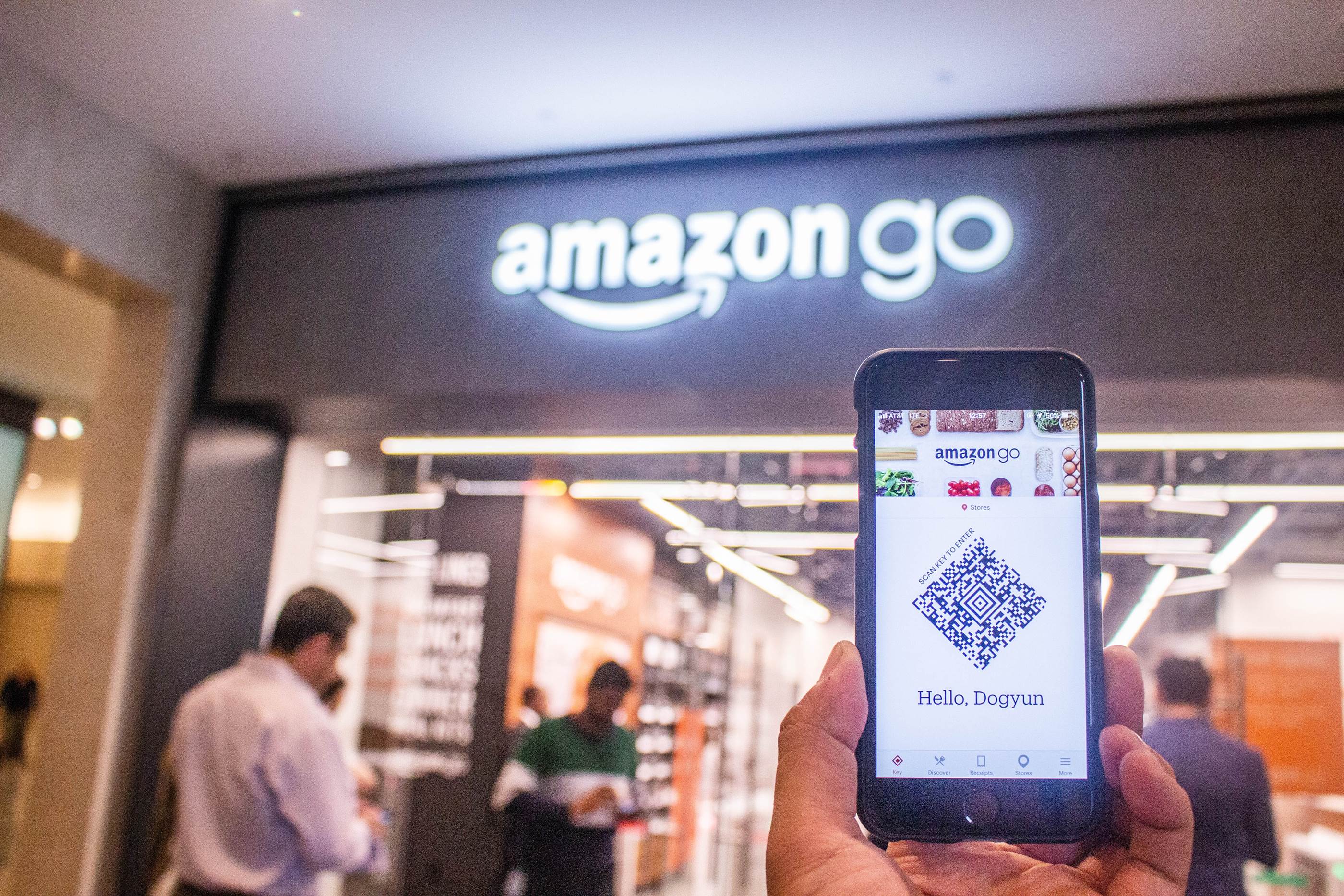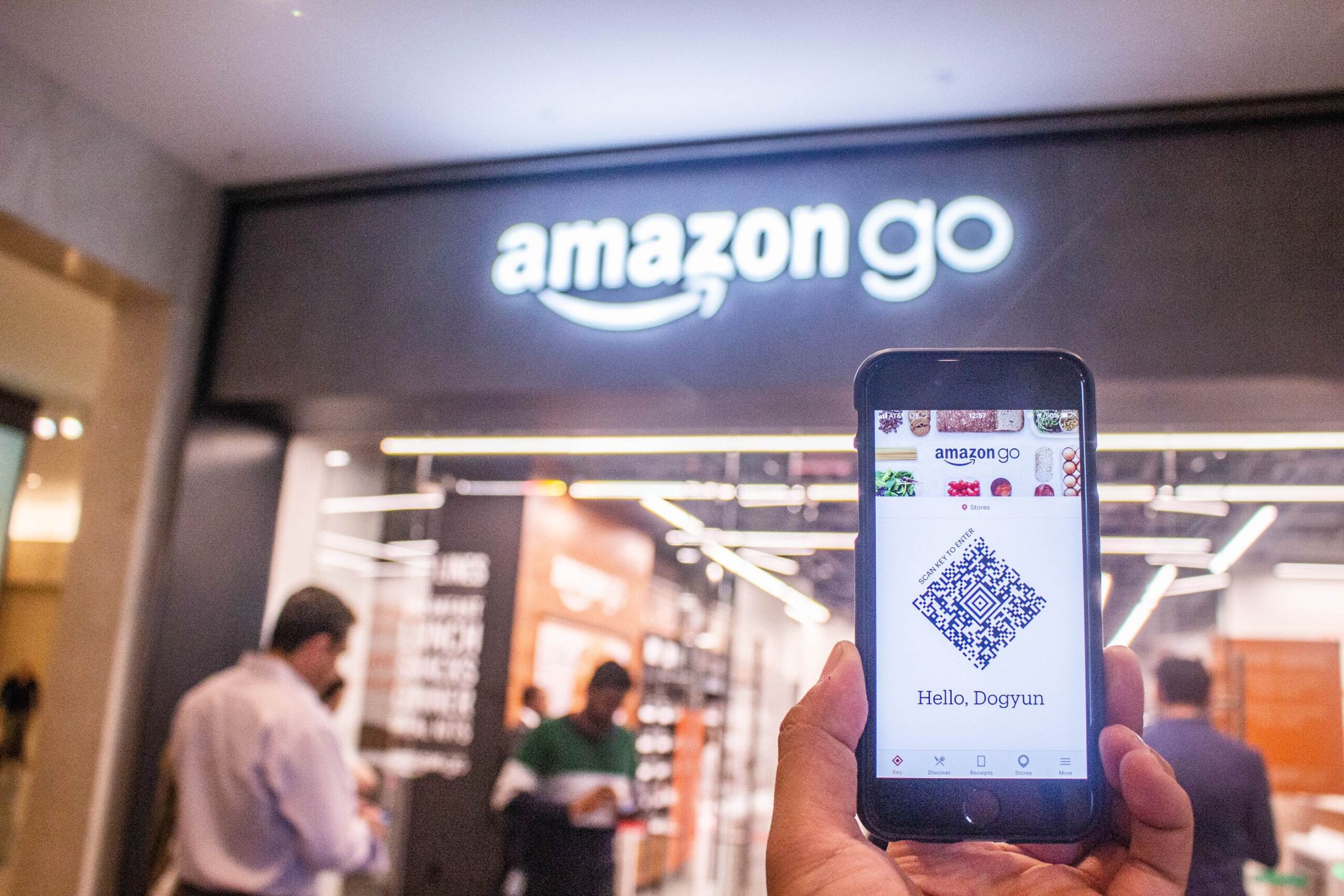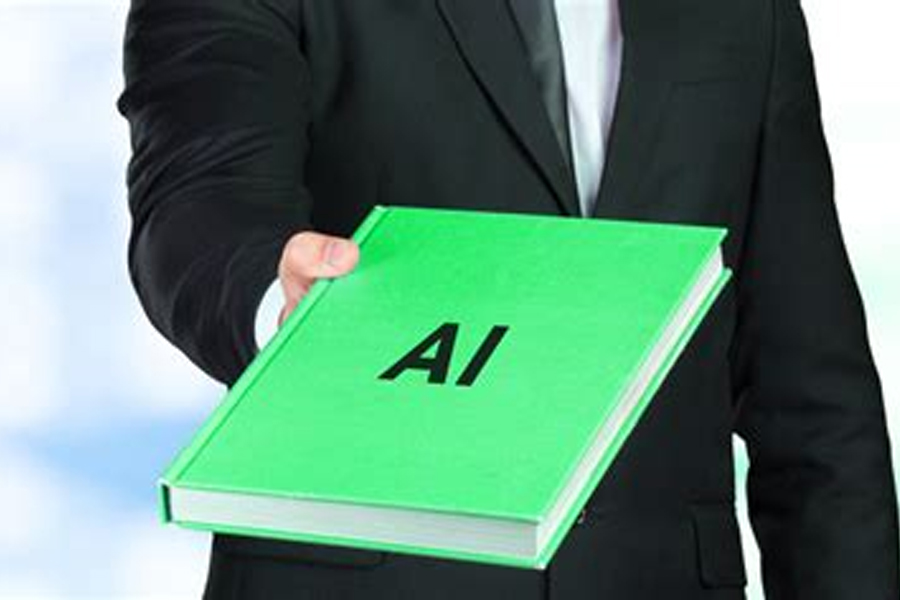The retail industry is undergoing a significant transformation, driven by the ever-evolving power of artificial intelligence (AI). No longer the realm of science fiction, AI is rapidly becoming an integrated part of the retail experience, transforming everything from inventory management to customer service. This blog post will delve into the exciting world of AI in retail, exploring real-life examples of how this technology is reshaping the way we shop and interact with our favorite stores.
Optimizing Inventory Management: Never Run Out of Your Favorite Items Again
One of the most significant impacts of AI in retail is on inventory management. Traditionally, managing stock levels has been a complex dance, balancing the need to have enough products to meet customer demand without overstocking and incurring unnecessary storage costs. AI is changing this game. By analyzing vast amounts of sales data, customer behavior patterns, and even weather trends, AI algorithms can accurately predict demand for specific products. This allows retailers to optimize their inventory levels, ensuring they have the right amount of stock on hand at the right time. For instance, Walmart utilizes AI to forecast demand for seasonal items like winter coats or summer swimsuits. This data-driven approach helps them avoid stockouts and ensures a smooth shopping experience for their customers.
Smart Shelves: Keeping Track of Everything, Automatically

Imagine shelves that can not only display products but also track inventory levels in real-time! This is the reality with smart shelf technology, powered by AI and sensor systems. These intelligent shelves can automatically detect when a product is running low and send alerts to store staff for restocking. Additionally, smart shelves can be integrated with digital signage, displaying dynamic pricing or targeted promotions based on customer behavior and product popularity. Kroger is a prime example, implementing smart shelves in select stores to track inventory, optimize product placement, and even display personalized discounts to shoppers as they browse the aisles.
Frictionless Checkout: A Seamless Shopping Experience

The traditional checkout line can be a pain point for many shoppers. AI is revolutionizing this aspect of retail with the rise of cashierless checkout systems. Stores like Amazon Go utilize a combination of computer vision, sensor fusion, and AI to track items customers pick up and automatically generate a bill as they exit the store. This eliminates checkout lines altogether, creating a seamless and efficient shopping experience. While cashierless stores might not be the norm just yet, they represent a significant step forward in AI-powered retail convenience.
Personalized Recommendations: Finding What You Need, Faster
Gone are the days of wandering aimlessly through aisles searching for the perfect product. AI-powered recommendation engines are personalizing the shopping experience like never before. By analyzing your past purchases, browsing history, and even demographic data, AI can suggest products you might be interested in. These personalized recommendations can appear on store websites, mobile apps, or even digital displays within the physical store itself. Target is a leader in this area, using AI to recommend complementary items based on your past purchases. This not only helps shoppers discover new products they might like but also boosts sales for retailers.
AI Chatbots: Providing 24/7 Customer Support

AI chatbots are no longer the stuff of science fiction. Retailers are increasingly utilizing AI-powered chatbots to provide 24/7 customer support. These virtual assistants can answer frequently asked questions, help with product inquiries, or even guide customers through the return process. Sephora utilizes chatbots on its website and mobile app to answer customer questions about makeup products, recommend skincare routines, or even schedule appointments for in-store consultations. This allows for instant and convenient customer service, regardless of the time of day.
The integration of AI in retail is still evolving, but its impact is undeniable. From optimizing inventory management to personalizing the shopping experience, AI is transforming the way we shop. As AI technology continues to develop, we can expect even more innovative applications that will further revolutionize the retail landscape. So next time you visit your favorite store, keep an eye out for the subtle (or not-so-subtle) ways AI is working behind the scenes to make your shopping experience smoother, faster, and more enjoyable.




